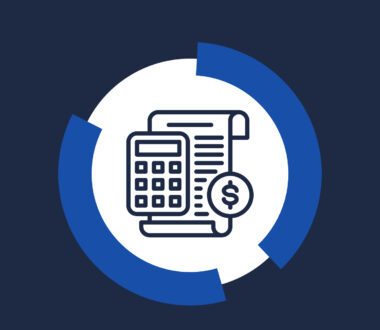
Economic Costs and Outcomes that Matter to Patients
One of the key questions researchers ask when conducting an economic evaluation is: How much does this intervention cost to an individual, organization, or society at large? The process requires researchers to identify the perspectives of affected stakeholders and analyze the costs related to the intervention. To better understand the burdens and economic impact of […]

Improving Care for Opioid Use Disorder in the Criminal-Legal System
Substance use disorders (SUD), and especially opioid use disorder (OUD), are prevalent within the criminal-legal system. Recently, there has been increased alignment of OUD care across the criminal-legal system with the patient-centered American Society of Addiction Medicine guidelines. Whether by choice or through legislation, carceral facilities are increasingly offering FDA-approved medications for OUD (MOUD), which […]

Off-hours with Andria Eisman, a Clinical Practitioner-turned Implementation Science Researcher
CHERISH Research Affiliate Andria (Andi) Eisman first connected with the Center for Health Economics of Treatment Interventions for Substance Use Disorder, HCV, and HIV (CHERISH) over a site visit to New York City. At the time, she was a 2021 Implementation Research Institute (IRI) Fellow at the Brown School of Social Work at Washington University […]
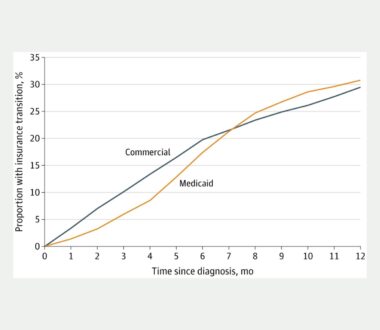
Insurance Instability for Patients with Opioid Use Disorder in the Year After Diagnosis
Access to health insurance is crucial to gaining the necessary diagnostic and therapeutic services to achieve and maintain good health. Insurance is especially necessary to access medications for opioid use disorder (MOUD) as the cost of MOUD can be a barrier to staying in treatment. If insurance coverage is disrupted, MOUD treatment may be more […]

Intern Spotlight: Noah Jenkins and Simrun Rao
At the start of summer, we welcomed undergraduate students Noah Jenkins and Simrun Rao. As rising seniors, Jenkins and Rao have been selected as part of the Summer Undergraduate Mentored Research (SUMR) Program at University of Pennsylvania and the NIDA Summer Research Internship Program. Working alongside CHERISH investigators Zachary Meisel at the Leonard Davis Institute […]
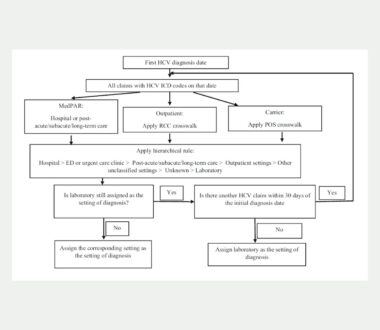
Association between claims-based setting of diagnosis and treatment initiation among Medicare patients with Hepatitis C
Direct-acting antivirals (DAAs) have been available since 2015 for hepatitis C (HCV). Nonetheless, very few patients with HCV initiate DAA treatment, ranging from 5% to 30%. The location where a patient is first diagnosed can also influence the care patients receive afterward, especially when a referral to a specialist or coordinated care is needed. In […]

Medicaid-Covered Peer Support Services Used by Enrollees With Opioid Use Disorder
Peer support services (PSS) play an increasingly important role in supporting recovery for people with substance use disorder (SUD). Through these services, peer support workers combine lived experience and professional training to provide health education, encouragement and empathy, recovery modeling, and concrete assistance in overcoming barriers to recovery. As of 2018, 37 Medicaid programs covered PSS for SUD. In a research letter in JAMA Network Open, Dr. Yuhua Bao, professor of population health sciences, and colleagues investigated multi-state utilization of Medicaid-covered PSS in 2019. Researchers found that overall use of Medicaid-covered […]
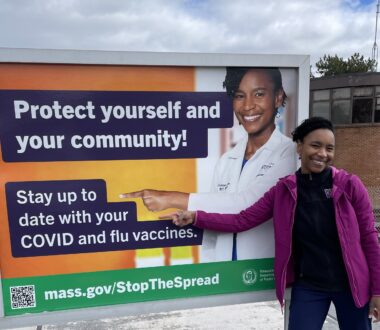
Off-hours with Sabrina A. Assoumou, an Infectious Diseases Clinician-investigator and Boston Runner
In recent years, CHERISH Research Affiliate Sabrina A. Assoumou has become a familiar face in Boston and a trusted voice in the scientific community. An infectious diseases physician and clinician-investigator at the Boston University Chobanian & Avedisian School of Medicine and the Center for Infectious Diseases at Boston Medical Center, Assoumou appeared in local and […]

Informing Evidence-Based Medicine for Opioid Use Disorder Using Pharmacoeconomic Studies
Since 2021, over 100,000 individuals have died each year from a drug overdose, with approximately 76 percent of those deaths involving opioids. As the US health care system contends with this growing health crisis, improved access to evidence-based medication treatment for opioid use disorder (OUD) is imperative. Pharmacoeconomics, a branch of health economics used to evaluate comparative clinical, person-centered, and economic outcomes […]
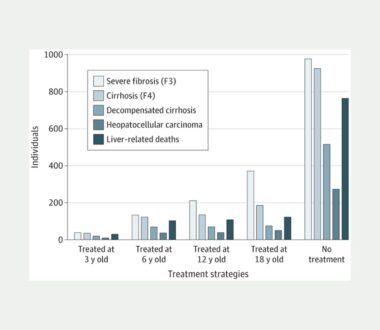
Cost-Effectiveness of Strategies for Treatment Timing for Perinatally Acquired Hepatitis C Virus
Children with perinatally acquired hepatitis C virus (HCV) are now eligible to receive direct-acting antivirals (DAAs), a highly effective treatment for HCV, as early as the age of 3. Despite existing studies demonstrating DAA’s high efficacy and tolerance among adults and children between the 3 and 12 years old, there has been low uptake due […]

7 Ways to Improve an Already Effective Treatment for Stimulant Use Disorder
The opioid epidemic has been one of the most pressing and challenging issues that the U.S. has faced in recent decades, with countless lives lost to this devastating crisis. Now, stimulant-related overdoses are among the next big drug-related concerns, with recent studies showing that the mortality rate linked to stimulant use in the U.S. has […]

Economic Evaluations of Establishing Opioid Overdose Prevention Centers in 12 North American Cities: A Systematic Review
In this systematic literature review published in Value in Health, CHERISH Research Affiliates Czarina Behrends and Ahmed Bayoumi, CHERISH staff members Jared Leff, Jazmine Li, and Erminia Fardone, CHERISH investigators Kathryn McCollister, Sean M. Murphy, and Bruce Schackman, and former NIDA summer intern, Weston Lowry, analyzed 16 studies that summarized and identified gaps of economic […]
Engage with CHERISH
Submit a Consultation Request or Contact Us to learn more about how CHERISH can support your research or policy goals.